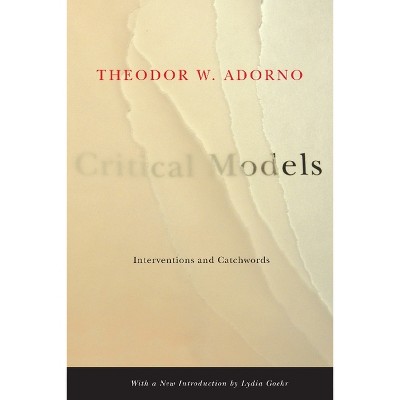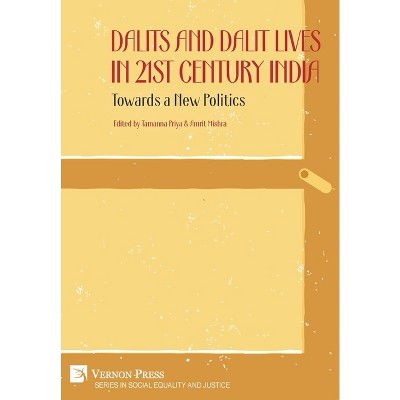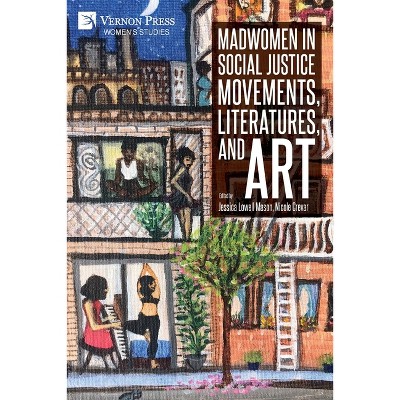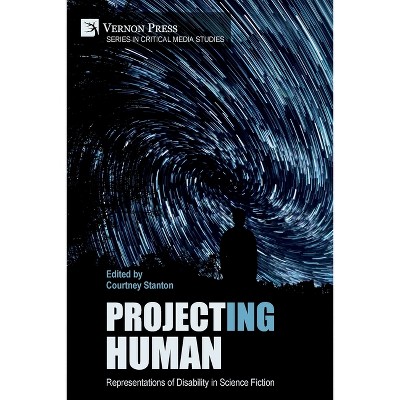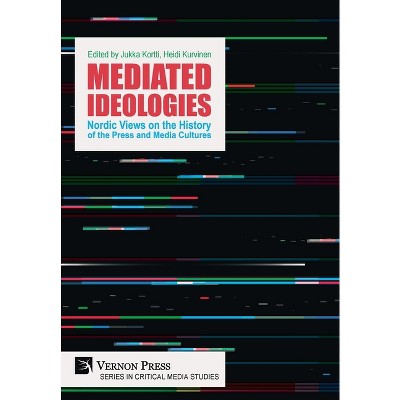Many Rivers to Cross - (Critical Perspectives on Social Science) by Elaine P Rocha (Paperback)

About this item
Highlights
- Since the first contact with Europeans, the Americas have been a continent of immigrants as much as a continent of continuous migrations.
- Author(s): Elaine P Rocha
- 214 Pages
- Social Science, Ethnic Studies
- Series Name: Critical Perspectives on Social Science
Description
Book Synopsis
Since the first contact with Europeans, the Americas have been a continent of immigrants as much as a continent of continuous migrations. Black migrations represent more than the transit of people between countries and regions and from rural areas to urban centers. It contributed to constructing networks that made survival possible, creating neighborhoods and cultural expression, impacting dietary habits, exchanging crops and agricultural techniques, and uplifting families from slavery and misery to ownership, education, and political representation. The most dangerous elements that moved from place to place with blacks were the ideas of freedom and citizenship.
This book brings together articles from authors dedicated to the study of black migrations in diverse countries as well as in diverse historical periods to highlight that the movement of black people has been continuous over the centuries. Sometimes voluntarily, others coerced, people have moved from one place to another, carrying with them history and important cultural traditions such as language, music, and religion. Moreover, dangerous ideas of liberty and equality would spread through the African Diaspora.
Ten authors from renowned universities contributed with their works on black migrations from a transnational perspective, exploring how people have transited between regions, countries, and continents, carrying their ideas, costumes, beliefs, and strategies for survival. In their trajectories, migrants built communities, created religions, musical traditions, languages, and much more. They influenced politics, contributed to revolutions and wars, to the economy, and shaped societies. For centuries, Latin America's official history has pushed black immigrants' histories to the margins, keeping them in the shadows and denying their importance in the construction of the modern world. The works brought together in this book aim to contribute to breaking this pattern, bringing the experiences of black migrants from the margins to the center.
Review Quotes
"Many Rivers to Cross" offers what might best be described as a Brazilian perspective of the Black migration in the Americas, a welcome and innovative addition to the literature. Brazil, as Elaine Rocha points out, has the largest "mixed-race" population in the world, and the book's contributors reflect this in their research. Migration, whether voluntary or coerced, has been the history of people of African descent in the Americas, but this experience has often been taken for granted by scholars. From the slave trade era to the present, people of African descent have been on the move in the Western Hemisphere, and although the book focuses primarily on Brazil and the Caribbean, it is, like the migrants themselves, wide-ranging in its adaptability to the history of other regions. This is because the Black experiences presented in the book have echoed across time and space in the Americas with the result that "Many Rivers to Cross" will be of interest to anyone who wishes to see the African diaspora in a different light. Labour, free and unfree, is a major theme, but the book also touches on Pan-Africanism, immigration policies, geopolitics, culture, and other topics that will be familiar to students of migration. In a very broad sense, Black migrants in the Americas have been a nomadic people who carried their language, music, religion, and many other things from one end of the hemisphere to the other. With migration in the headlines on a daily basis, "Many Rivers to Cross" is a timely and enjoyable exploration of a subject that has shaped the Americas for the past five centuries.
Dr. Ronald Harpelle
Professor of Latin American and Caribbean History, International Development History, and Human Rights and Social Justice History
Lakehead University







